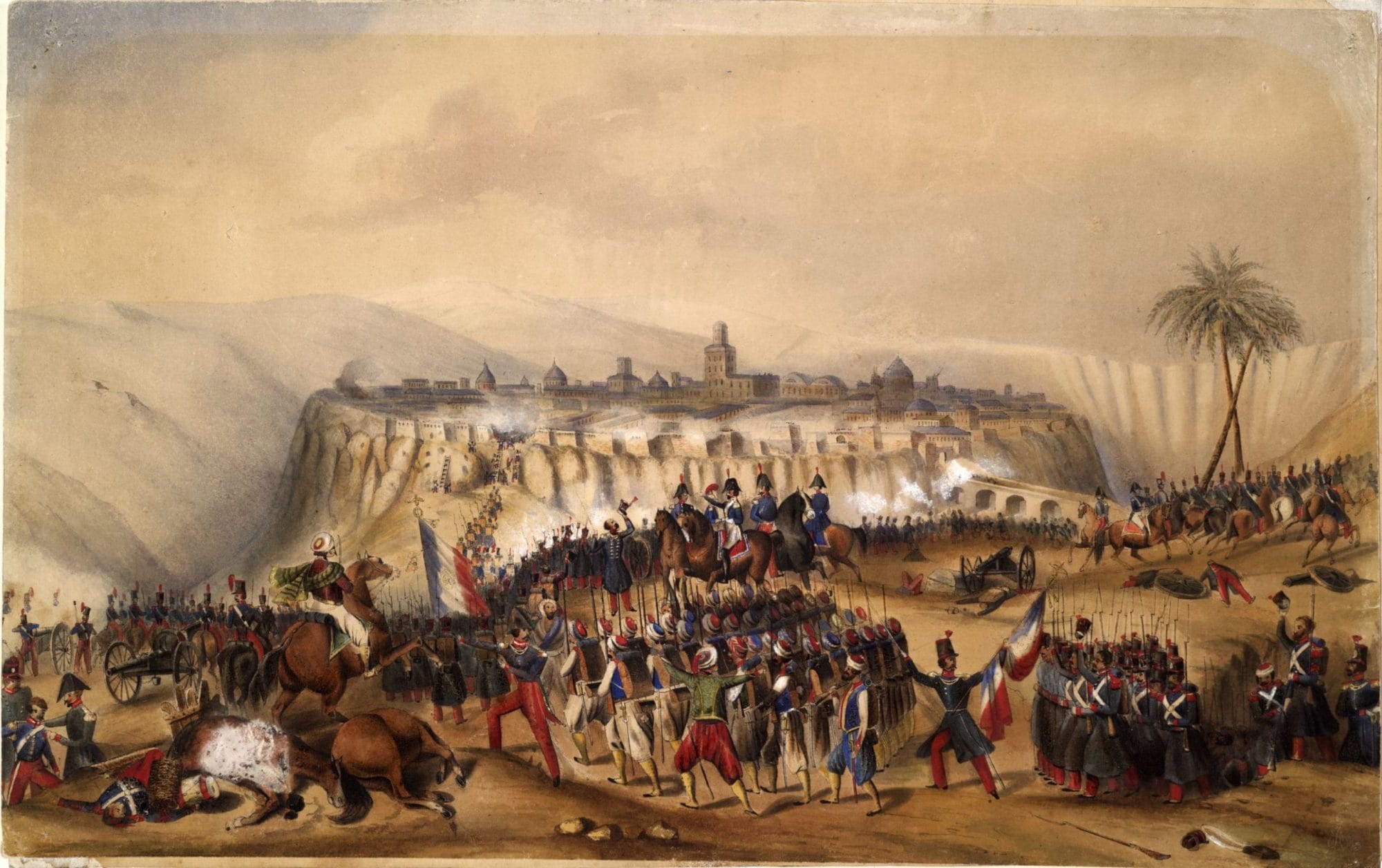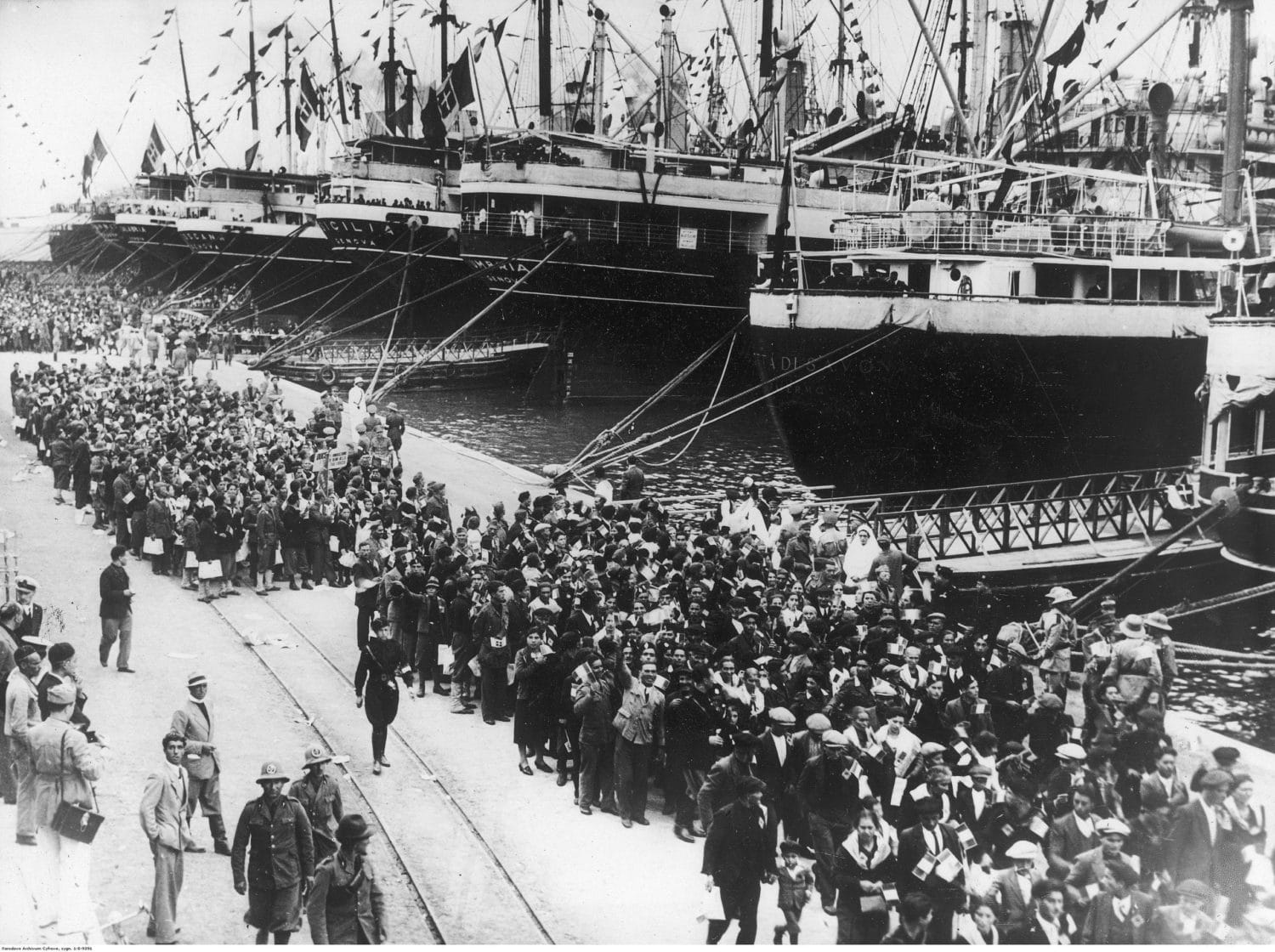Settler Colonialism in the Middle East and North Africa: A Protracted History
Settler colonial studies developed as a distinct field of research to address the particular circumstances of settler societies. Since its advent in the 1990s, this field has only marginally considered the Middle East and North Africa, focusing instead on the Anglophone settler societies of North Am












